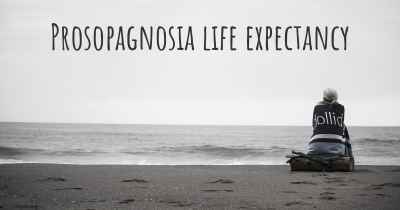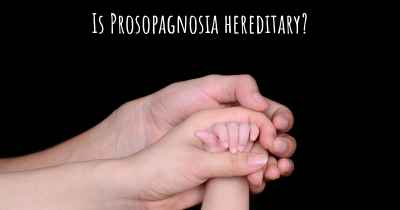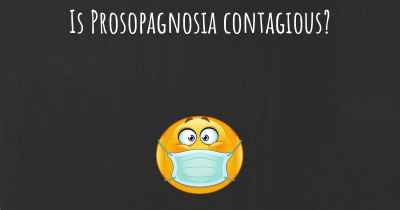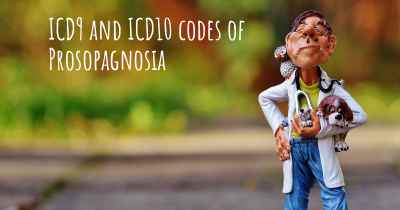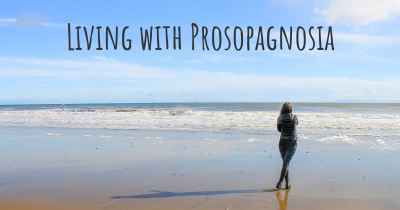What are the best treatments for Prosopagnosia?
See the best treatments for Prosopagnosia here

Treatments for Prosopagnosia
Prosopagnosia, also known as face blindness, is a neurological condition characterized by the inability to recognize familiar faces. It can significantly impact an individual's social interactions and daily life. While there is no known cure for prosopagnosia, there are several treatments and strategies that can help individuals manage and cope with this condition.
1. Face Training
Face training involves repeatedly exposing individuals with prosopagnosia to faces and teaching them to focus on specific facial features or cues that can help with recognition. This can be done through computer-based programs or in-person training sessions with a therapist. The goal is to improve facial recognition skills and enhance the ability to differentiate between faces.
2. Memory Techniques
Memory techniques can be useful for individuals with prosopagnosia to compensate for their difficulty in recognizing faces. These techniques involve using alternative strategies such as focusing on unique characteristics, hairstyles, or accessories to identify people. Additionally, individuals can rely on contextual information, such as clothing or voice, to aid in recognizing familiar individuals.
3. Cognitive-Behavioral Therapy (CBT)
Cognitive-behavioral therapy (CBT) can be beneficial for individuals with prosopagnosia, as it helps them address the emotional and psychological impact of the condition. CBT can assist individuals in developing coping mechanisms, reducing anxiety related to social interactions, and improving self-esteem.
4. Assistive Technology
Assistive technology can play a significant role in helping individuals with prosopagnosia navigate their daily lives. Smartphone apps, for example, can provide real-time facial recognition assistance by using algorithms to identify individuals based on other visual cues. These apps can help individuals identify people they frequently interact with or receive alerts when someone familiar is nearby.
5. Support Groups
Support groups can provide individuals with prosopagnosia a platform to connect with others who share similar experiences. Sharing challenges, strategies, and success stories can be empowering and help individuals feel less isolated. Support groups can also provide a safe space for individuals to discuss their emotions and concerns related to prosopagnosia.
6. Education and Awareness
Education and awareness about prosopagnosia are crucial for both individuals with the condition and the general public. By increasing understanding and empathy, individuals with prosopagnosia can feel more supported and accepted in their communities. Education can also help friends, family, and colleagues develop strategies to assist individuals with prosopagnosia in their daily lives.
While these treatments and strategies can help individuals with prosopagnosia manage their condition, it is important to note that the effectiveness may vary from person to person. It is recommended to consult with healthcare professionals, such as neurologists or psychologists, who specialize in prosopagnosia for personalized guidance and support.
